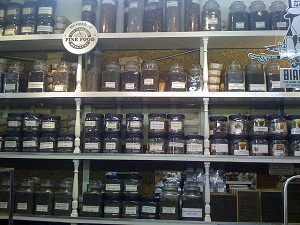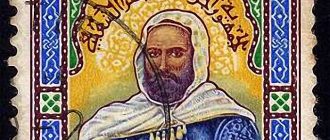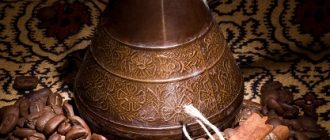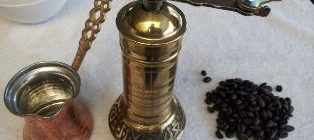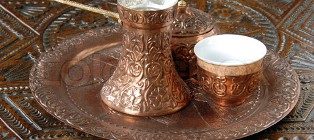Algerian Coffee Shops have a rich history. To learn more about the social significance of the Algerian coffee shop read our guide for more facts & information…
To understand the importance of Algerian coffee shops it is necessary to look at the history of coffee in the Islamic world. Southern Arabia offers the perfect climate for growing coffee and it was imbibed by the Sufi orders who spread the beverage through the Islamic world between 13th and the 15th centuries. It was discovered that not only was coffee pleasant to drink it promoted wakefulness. Islam forbids the drinking of alcoholic beverages and the term formerly used for wine, qahwa, became the term for coffee.
The Wine of Islam
Europeans referred to coffee as the wine of Islam and in a culture were the drinking of alcohol was not permitted, coffee became an important beverage. The mild euphoria that coffee produced in imbibers became known as marqaha. Coffee shops sprang up throughout the Islamic world, including Algeria, and took the place of the taverns that were popular in Europe. They were a place where men gathered to discuss religion, business and politics.
Coffee as a Sacred Beverage
While in the Western world, coffee remained a pleasant beverage, drunk in the morning to encourage wakefulness, in the Islamic world coffee was a sacred beverage, thought to be a gift from Allah. In one Islamic legend the Angel Gabriel served coffee to a sleepy Muhammad and in another it was given to King Solomon by the Angel Gabriel to cure the residents of a village suffering from an unknown disease.
Algerian Coffee Shops in the War for Independence
Coffee shops have a special importance in Algeria and most of the Arab world. They are places where men meet to discuss politics and matters of importance and during the French Algerian War, political rival parties, the FLN and the MNA carried out bombings and assassinations in local coffee shops. This became know as the cafe wars. The French portrayed attacks in Algerian coffee shops as random terrorist attacks when they were, in fact, part of an internal political struggle. It is estimated that 5000 people, some them European colonists, died in the cafe wars.
The coffee served in Algerian coffee shops does not bear much resemblance to the beverages served in American coffee shops; it is much stronger and has a thicker texture. The religious strictures of Islam mean that women are not welcome to sit in more traditional coffee shops. Algerian coffee shops are the Arabic culture’s version of a men’s club and they are still places where men go to socialize and discuss religion, business and important topics of the day.

